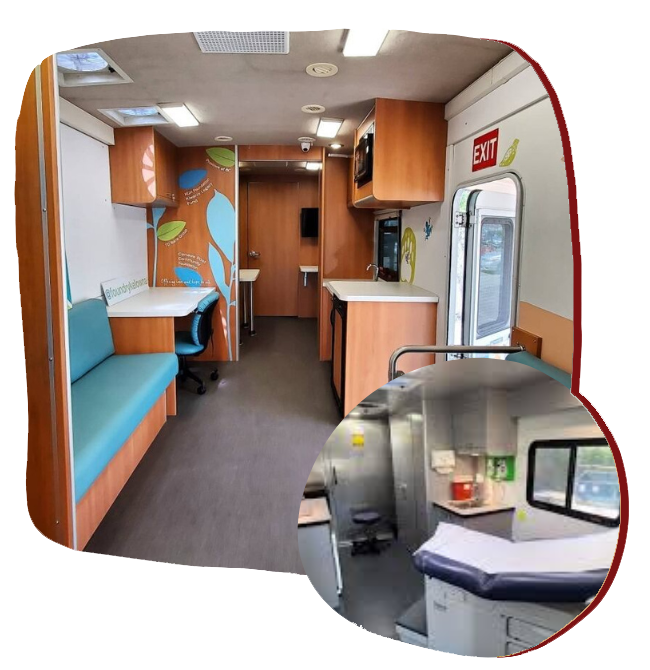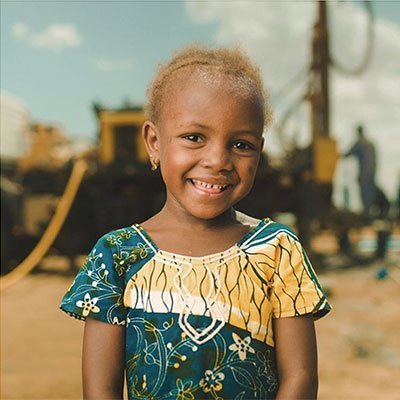- Offices
- Ways To Give
- Malibu 453 blv
- info@andromelfoundation.org

Each day begins with a collective prayer, led by experienced religious mentors who gently guide the children in developing their connection with the divine. Through hymns, chants, and quiet contemplation, the young hearts open up to the presence of God.
An essential aspect of the summer school revolves around storytelling from religious scriptures. These captivating tales not only instill moral values but also spark curiosity and encourage critical thinking.
Understanding the significance of community, the Heavenly Summer School emphasizes the importance of social responsibility and compassion. Children participate in activities such as helping the elderly, cleaning local parks, and assisting charitable causes, thereby learning valuable lessons about empathy and altruism.
To nurture the artistic inclinations of the children, the summer school organizes workshops where participants can paint, sing, dance, and create crafts with religious themes. This allows them to express their spirituality through art and find new means of connecting with God.
Recognizing that spiritual growth should be complemented by intellectual development, the Heavenly Summer School offers workshops on subjects like science, mathematics, and language arts. By bridging faith and education, these sessions empower children to see the divine in every aspect of life.
Nature serves as a canvas for spiritual reflection. Amidst the lush green surroundings, children partake in meditative walks, nature-inspired games, and environmental awareness activities, reinforcing the idea of God's presence in all living beings.
As the Heavenly Summer School continues to shine its light upon our community, it reminds us of the power of unity and faith. By providing an environment where young minds can blossom and hearts can connect with God, this sacred gathering leaves a profound impact on the lives of its participants. As we look towards the future, we eagerly anticipate the growth of this beautiful tradition, uplifting the spirits of generations to come.
In the realm of medicine and healthcare, there is an essential role that transcends medical treatment alone. It is the profound act of interceding for the ill, wherein individuals or groups of people visit hospitals and pray with those who are facing life’s final chapter. This compassionate approach not only offers spiritual solace but also complements the medical care provided to patients in their last days. In this article, we explore the significance of prayerful intercession, the potential benefits it brings, and how it can help patients find peace during their end-of-life journey.

Praying with the sick is a demonstration of genuine empathy and human connection. When individuals are nearing the end of their life, they often experience feelings of fear, loneliness, and uncertainty. Having someone present who is willing to share in their pain and listen to their concerns can offer a sense of comfort and companionship that goes beyond medical treatment.
Spirituality can play a significant role in how individuals cope with terminal illnesses. For many patients, prayer is an integral part of their spiritual beliefs and practices. Engaging in prayerful intercession allows them to seek solace, find meaning in their suffering, and connect with a higher power or belief system. This spiritual comfort can lead to reduced anxiety and an enhanced sense of peace, which can positively impact their overall well-being during their final days.
By incorporating prayerful intercession into the care plan, medical professionals, patients, and their families can embrace a more holistic approach to end-of-life care. In this context, healthcare extends beyond treating physical symptoms to include addressing emotional, psychological, and spiritual needs. By acknowledging the significance of the whole person, patients can experience a higher quality of life and find a deeper sense of peace as they approach their final moments.
One of the key aspects of interceding for the ill is the respect for individual beliefs and practices. Patients come from diverse cultural and religious backgrounds, each with their unique ways of seeking spiritual guidance. By offering prayer and support in alignment with their beliefs, we can create an inclusive and meaningful experience that caters to the patient’s preferences and values.
Terminal illnesses not only affect the patients but also have a profound impact on their families and loved ones. By engaging in prayerful intercession with families, we provide them with emotional support, understanding, and a safe space to share their emotions. This can help them find strength during challenging times and enable them to provide better care and support to their loved ones during their final days.
In the pursuit of providing comprehensive end-of-life care, prayerful intercession emerges as a powerful and meaningful approach. It complements medical treatment by addressing the spiritual and emotional aspects of patients’ lives, allowing them to find comfort, peace, and meaning during their last days. Moreover, this compassionate practice extends its support to the families, fostering a sense of togetherness and understanding during challenging times. By recognizing the significance of interceding for the ill, we reaffirm the importance of holistic care and the human connection that transcends the boundaries of medicine, offering solace in life’s most vulnerable moments.
In an era where accessibility to healthcare remains a pressing concern for many communities, a beacon of hope has emerged in the form of “Health on Wheels.” This Mobile Medical Unit (MMU) is revolutionizing the way healthcare is delivered, bringing essential medical services right to the doorstep of those in need. With its unwavering commitment to improving community health, Health on Wheels has become an indispensable asset, bridging the gap between underserved populations and quality medical care.

Health on Wheels is a fully-equipped medical facility on wheels, capable of offering a wide range of healthcare services to the community. Housed in a specially designed vehicle, this mobile unit is staffed with a dedicated team of healthcare professionals, including doctors, nurses, medical assistants, and support staff. Its purpose is to break down barriers that often prevent vulnerable individuals from accessing medical attention promptly.
The unit’s mobility is one of its most significant advantages. Unlike traditional medical clinics that require patients to travel long distances, Health on Wheels brings the care to their neighborhoods, schools, community centers, and even remote areas. This accessibility ensures that people with limited mobility, lack of transportation, or financial constraints can still receive the medical attention they deserve.
Health on Wheels is equipped to provide an array of healthcare services, ranging from preventive care and health education to diagnostic screenings and treatment. Some of the key services offered by the MMU include:
1. General Medical Consultations: The unit offers general health check-ups, minor illness diagnosis, and treatment. Patients can seek advice on various health concerns and receive necessary prescriptions.
2. Vaccinations and Immunizations: Health on Wheels plays a crucial role in vaccination drives, ensuring that the community is protected against preventable diseases.
3. Health Screenings: The MMU conducts screenings for chronic conditions such as diabetes, hypertension, and cardiovascular diseases. Early detection allows for timely intervention and better health outcomes.

4. Maternal and Child Health: Special attention is given to maternal health, prenatal care, and child wellness checks to promote healthier pregnancies and early childhood development.
5. Health Education: The team actively engages in health education, raising awareness about proper nutrition, hygiene, family planning, and disease prevention.